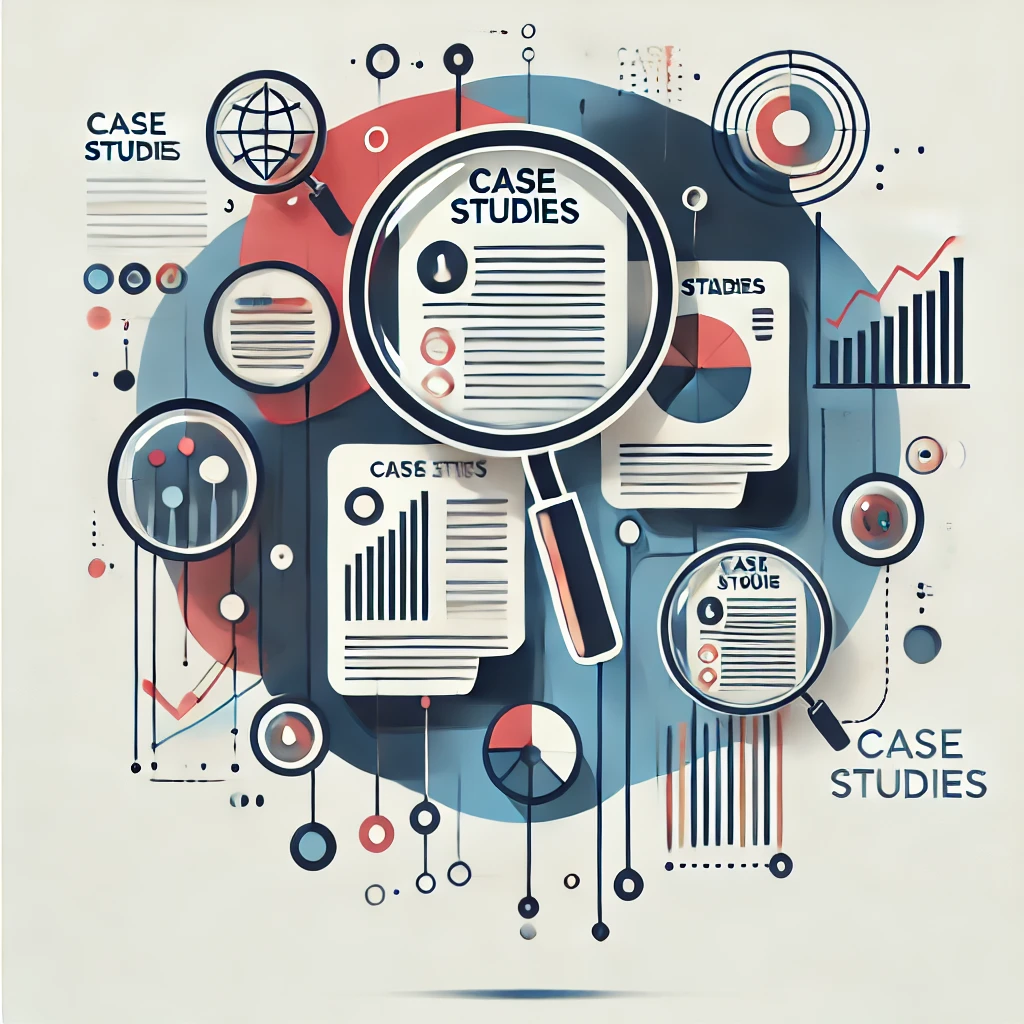Adapting with Purpose: Lifelong Learning in the AI Age
In today's AI-driven world, lifelong learning and adaptability are more important than ever. This article explores how AI is transforming the learning landscape, offering personalized experiences and new opportunities for growth.
Deep Dive: Lifelong Learning and AI
Adapting with Purpose: Lifelong Learning in the AI Age
Introduction
In today's rapidly evolving technological landscape, the ability to adapt and learn continuously has become more critical than ever. As artificial intelligence (AI) permeates various aspects of our lives, it transforms how we approach lifelong learning. This article delves into the significance of lifelong learning in an AI-driven world and how AI itself is reshaping this essential process.
The Importance of Lifelong Learning
Lifelong learning is the ongoing, voluntary, and self-motivated pursuit of knowledge for personal or professional development. In an era where technology and information are advancing at unprecedented rates, the need to continuously update skills and knowledge is paramount.
Why Lifelong Learning Matters
- Adaptability: The ability to adapt to new technologies and methodologies is crucial for career advancement and personal growth.
- Relevance: Staying updated with the latest trends ensures that individuals remain relevant in their fields.
- Innovation: Continuous learning fosters creativity and innovation, enabling individuals to contribute meaningfully to their industries.
AI's Role in Transforming Lifelong Learning
AI is not just a subject of study; it is a tool that enhances the learning experience. Here are some ways AI is transforming lifelong learning:
Personalized Learning
AI algorithms can analyze learning patterns and preferences to tailor educational content to individual needs. This personalization ensures that learners receive the most relevant and effective information.
Access to Resources
AI-powered platforms provide access to a vast array of learning materials, from online courses to interactive simulations, making education more accessible than ever before.
Real-time Feedback
AI systems can offer immediate feedback on learning progress, helping learners identify areas for improvement and adjust their strategies accordingly.
Challenges and Considerations
While AI offers numerous benefits, it also presents challenges that need to be addressed:
- Data Privacy: Ensuring the privacy and security of learners' data is crucial.
- Digital Divide: Access to AI-driven learning tools may be limited in underprivileged areas.
- Ethical Concerns: The use of AI in education must be guided by ethical considerations to prevent bias and ensure fairness.
Conclusion
Lifelong learning is more important than ever in the age of AI. By embracing AI as a tool for education, individuals can enhance their adaptability and remain competitive in a rapidly changing world. As we continue to integrate AI into our learning processes, it is essential to address the challenges it presents to maximize its potential benefits.
Embracing the Learning Journey
What strikes me most about the intersection of AI and lifelong learning is how it mirrors the broader pattern of technological adaptation I've observed throughout my career. The tools change, the pace accelerates, but the underlying need remains the same — staying curious and willing to evolve.
AI's ability to personalize learning paths, provide real-time feedback, and make education more accessible represents a genuine shift in how we can approach skill development. But the technology alone isn't enough. The harder questions around data privacy and ethical integration deserve as much attention as the capabilities themselves.
The professionals who thrive in this landscape won't necessarily be the ones who adopt every new tool first. They'll be the ones who approach learning with intentionality — understanding not just what to learn, but why it matters for their work and their teams.


